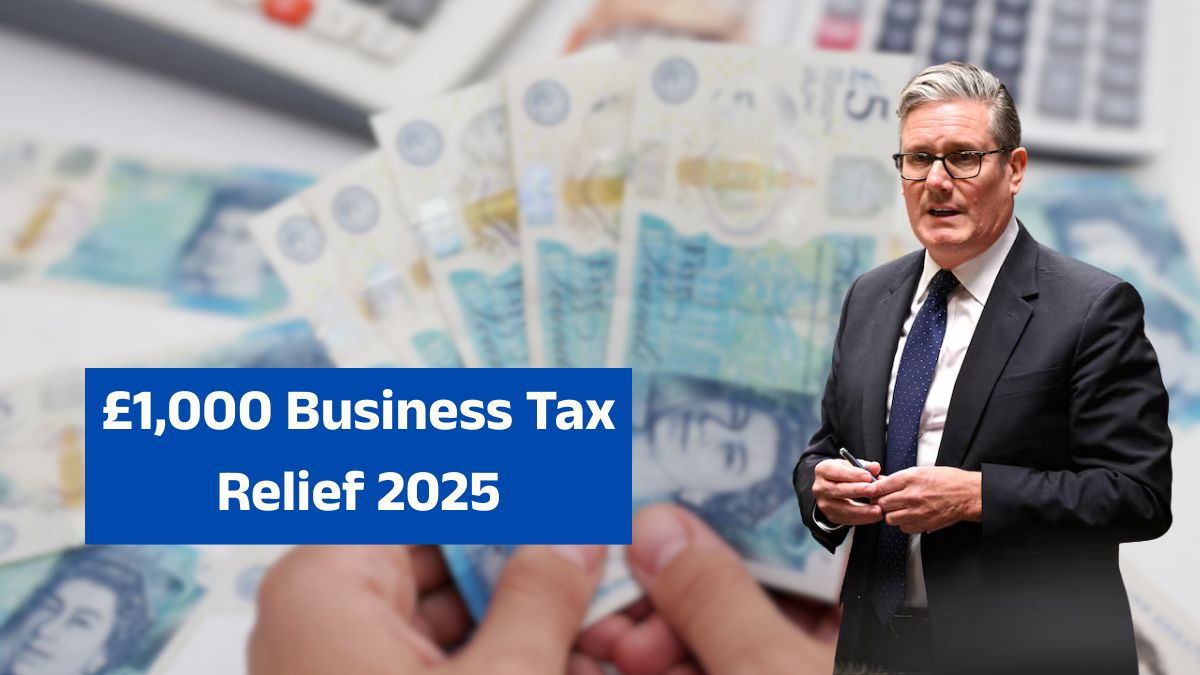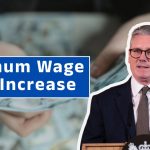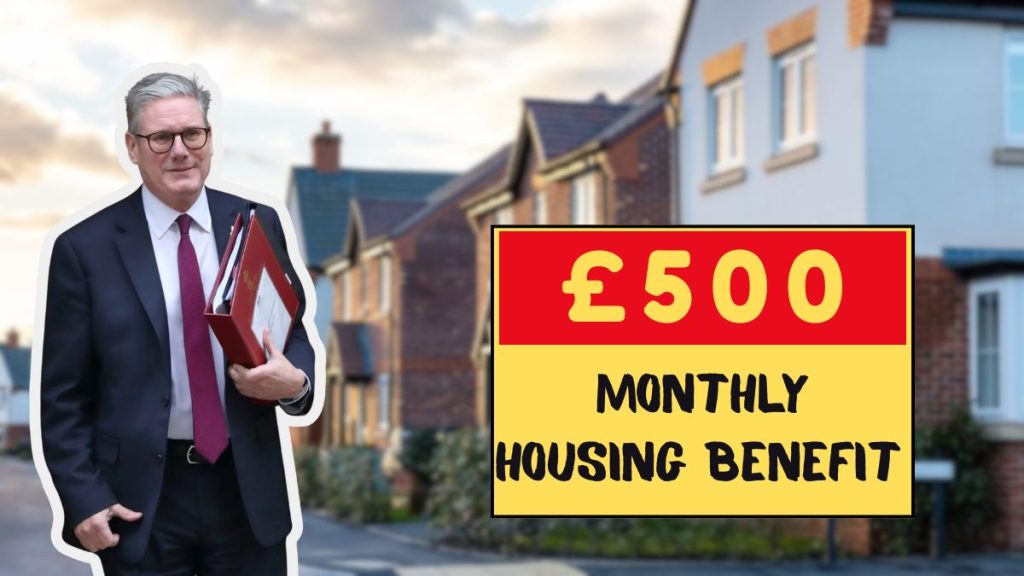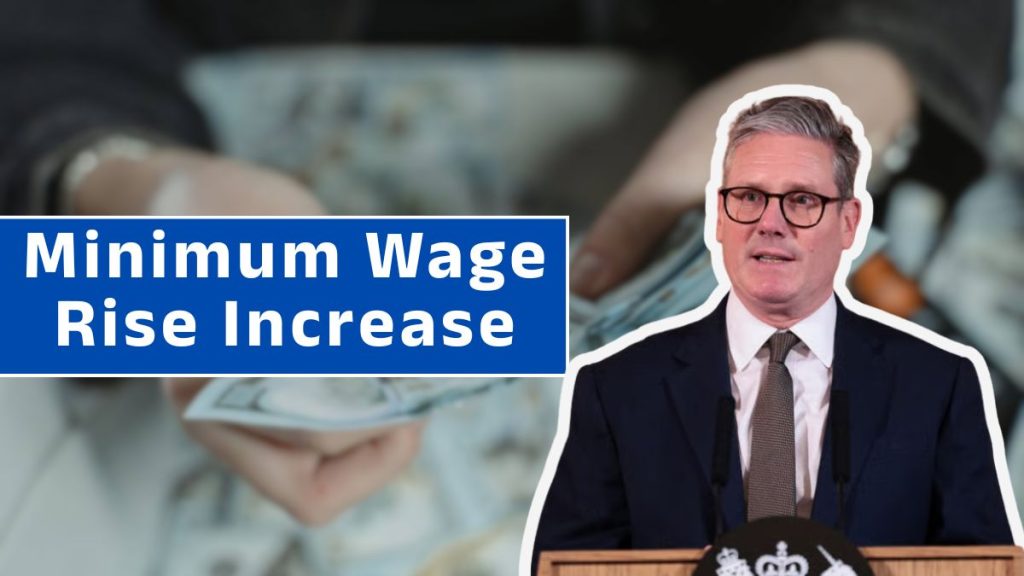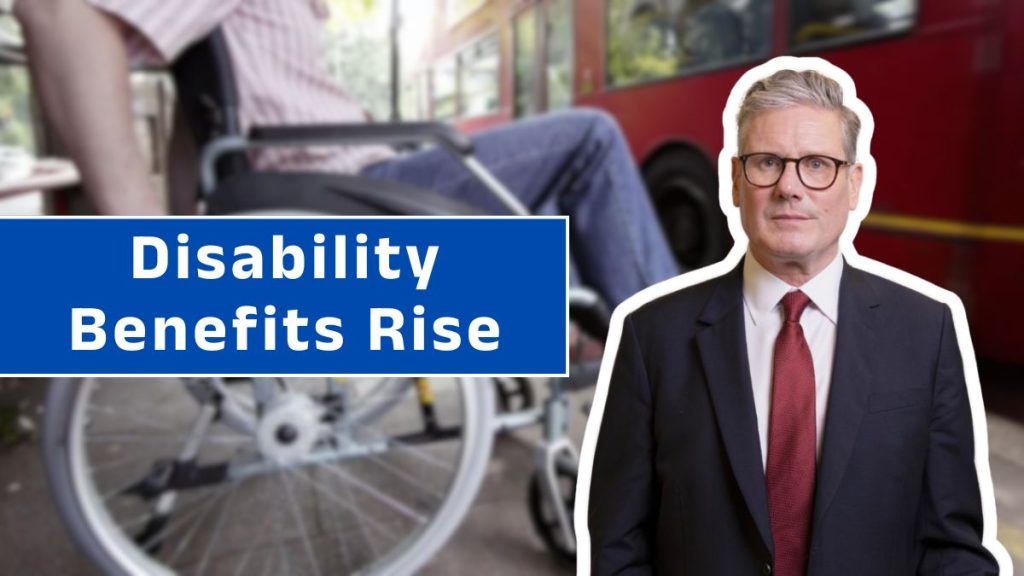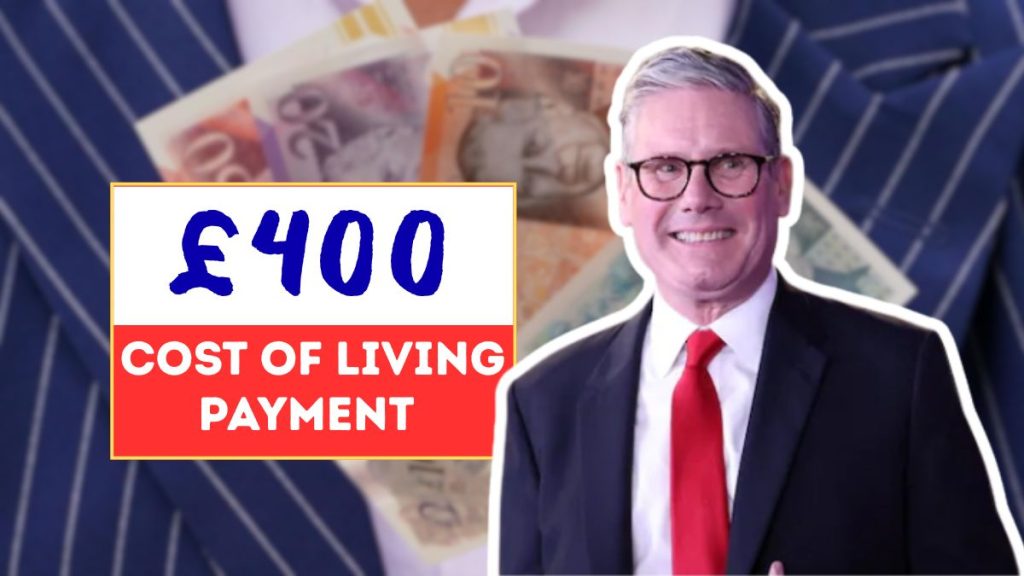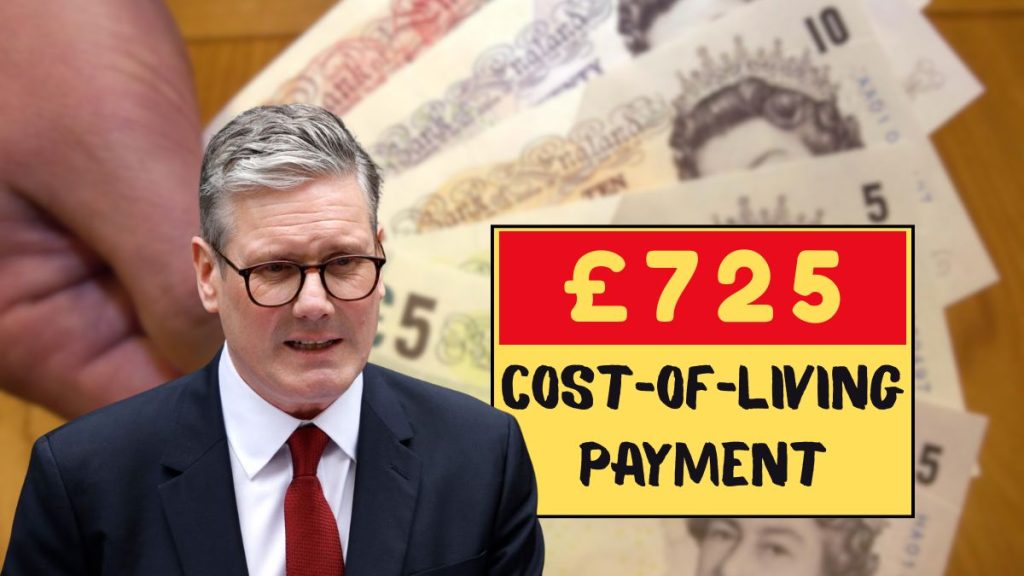The UK Government has confirmed a £725 cost-of-living boost for 2025, designed to support households receiving Universal Credit and other linked benefits. Announced as part of a wider relief package, this measure is intended to help vulnerable families cope with the rising costs of energy, food, housing, and transport.
The Department for Work and Pensions (DWP) has emphasised that the uplift is targeted at low-income and vulnerable groups, ensuring that those most affected by inflation receive extra support. For many households, this payment will provide essential breathing room by covering urgent bills or reducing debt.
This detailed guide explains who qualifies for the payment, how it will be made, when to expect it, and how it interacts with other support schemes in 2025.
Who Is Eligible for the £725 Universal Credit Boost?
The payment is aimed at residents already receiving Universal Credit or connected benefits. Eligibility includes:
- Universal Credit claimants across all groups.
- Income-based Jobseeker’s Allowance (JSA) recipients.
- Income Support claimants.
- People on certain disability-related benefits.
Groups most likely to benefit include low-income households, carers, single parents, and individuals with long-term health conditions.
The DWP has confirmed that eligible claimants will not need to apply. If you already receive Universal Credit or qualifying benefits and meet income and savings thresholds, the uplift will be paid automatically.
Those uncertain about their eligibility should log into their Universal Credit online account or contact Jobcentre Plus for confirmation.
How and When the £725 Payment Will Be Made
The DWP has confirmed that the £725 boost will be paid as a separate lump sum. Unlike standard cost-of-living support that may be folded into monthly payments, this boost will appear independently in bank statements to make it easy to identify.
Key points include:
- Payments will be issued early in 2025.
- Exact timing may vary depending on your benefit cycle.
- The money will be paid directly into the bank account linked to your Universal Credit.
Unless you have recently changed your bank details, no action is required. If you have switched banks, update your details via your online account to avoid delays.
Will the £725 Affect Other Universal Credit Payments?
Many claimants worry that receiving a lump sum might reduce or replace other benefits. The DWP has confirmed that this uplift is completely separate.
This means:
- You will continue receiving your regular monthly Universal Credit in full.
- Housing support, childcare support, and work allowances will not be reduced because of the £725.
- However, claimants must still report changes in circumstances, such as new employment or increased income, which could affect future entitlements.
Why the £725 Boost Matters for Household Budgets
The UK continues to face high living costs, with food, energy, and transport prices putting significant pressure on household finances. For struggling families, the £725 boost can act as a safety net.
The money can be used to:
- Pay overdue bills.
- Cover rent or mortgage payments.
- Buy groceries or essential household goods.
- Build a small emergency fund.
Financial experts suggest that claimants use the lump sum strategically:
- Clear high-interest debt such as credit cards or short-term loans.
- Invest in energy-saving measures like insulation or efficient appliances.
- Save part of the money as a buffer for unexpected expenses.
How the £725 Fits into the Wider Cost-of-Living Package
This payment is part of a broader government support plan for 2025. Other measures include:
- Winter Fuel Payments for pensioners.
- Disability Cost-of-Living Payments for residents on PIP, DLA, or similar benefits.
- Energy rebates and council grants for low-income households.
- Warm Home Discount schemes and free school meal vouchers, depending on local authority rules.
Because these schemes are separate, households may receive multiple forms of support simultaneously. For example, a Universal Credit recipient may also qualify for the £725 boost, a Warm Home Discount, and local council rebates.
What Pensioners and Disabled Claimants Should Know
Although the £725 uplift is mainly targeted at working-age households, pensioners and disabled residents are also being supported through parallel schemes.
- Pensioners on Pension Credit will continue to receive cost-of-living payments tailored to them.
- Disabled claimants on PIP, DLA, or related benefits will be entitled to disability-specific uplifts.
The Government coordinates these schemes to ensure vulnerable groups are not left behind. Claimants should check across all schemes to maximise available support.
Preparing Your Bank Account for the Payment
Since the payment will be issued as a lump sum, it is crucial to ensure your bank details are correct.
- If you have changed banks recently, update your Universal Credit account.
- Stay alert to scams – the DWP will never ask for your bank details by text, email, or phone. Official updates will always appear in your online account or through official correspondence.
Impact of Work and Income Changes
Eligibility is typically based on whether you were receiving Universal Credit or a qualifying benefit during a fixed assessment period.
This means that even if your income rises later, you could still receive the £725 if you qualified during the set period. However, you must continue to report any changes in work or household income, as they affect ongoing awards.
Tips for Making the Most of the £725 Boost
Financial planners recommend three key steps for using the payment wisely:
- Cover urgent expenses first – such as rent, utilities, or council tax.
- Build an emergency buffer – even saving a small portion provides protection against unexpected costs.
- Reduce high-interest debt – clearing loans or credit cards will improve long-term financial stability.
By managing the money carefully, households can extend its benefits beyond immediate relief.
Looking Ahead: Future Government Support
The £725 payment is a one-off measure, not a permanent increase to benefits. Future support packages will depend on economic conditions, inflation trends, and government budgets.
The DWP and HM Treasury are expected to review cost-of-living support in future years, with further updates likely in upcoming fiscal announcements. Claimants should also explore local council assistance schemes and charity-led grants.
Key Takeaways for Claimants
- The £725 cost-of-living boost will be paid in early 2025.
- It applies to Universal Credit claimants and related benefit recipients.
- Payments are automatic and made as a separate lump sum.
- The uplift will not affect ongoing Universal Credit entitlements.
- Claimants should use the money strategically to maximise its impact.
FAQs on the £725 Cost-of-Living Boost
1. Do I need to apply for the £725 payment?
No. The payment will be issued automatically to eligible claimants.
2. Who qualifies for the £725 boost?
Those receiving Universal Credit, income-based JSA, Income Support, and some disability-related benefits will qualify.
3. When will the payment arrive?
Most payments will be made during the early months of 2025, but dates may vary based on benefit cycles.
4. Will the £725 reduce my other benefits?
No. The payment is separate and will not reduce your ongoing Universal Credit, housing support, or childcare entitlements.
5. Can I get this alongside other cost-of-living payments?
Yes. You may also qualify for Winter Fuel Payments, disability uplifts, or local authority grants.
